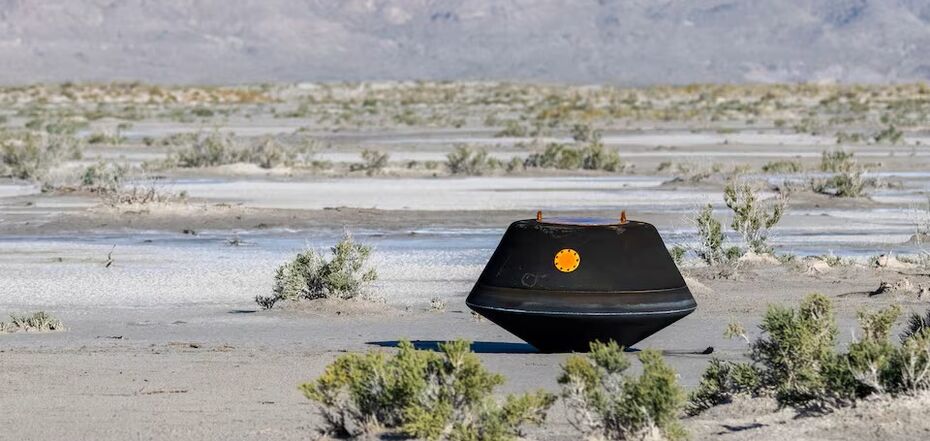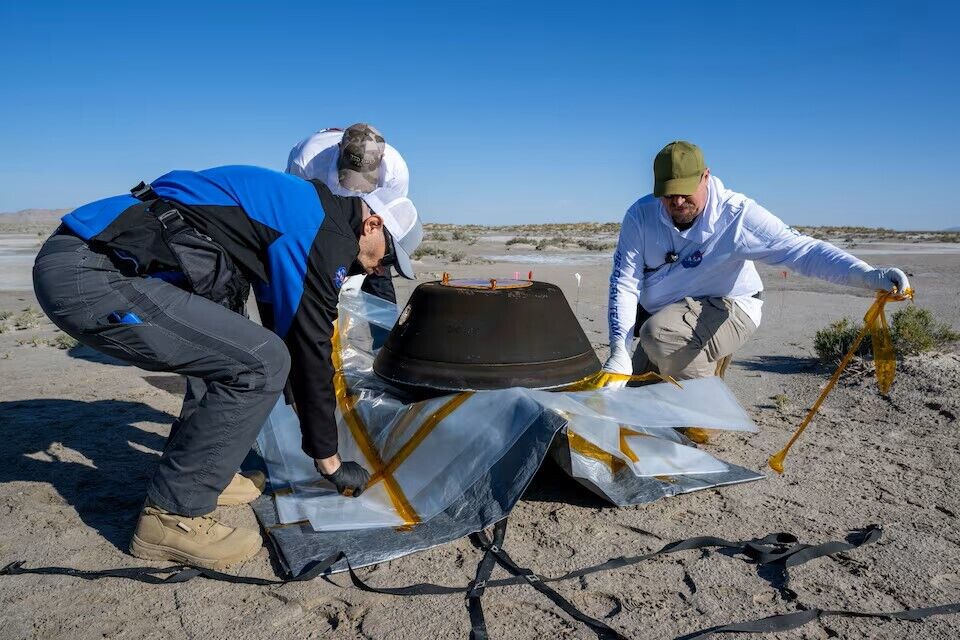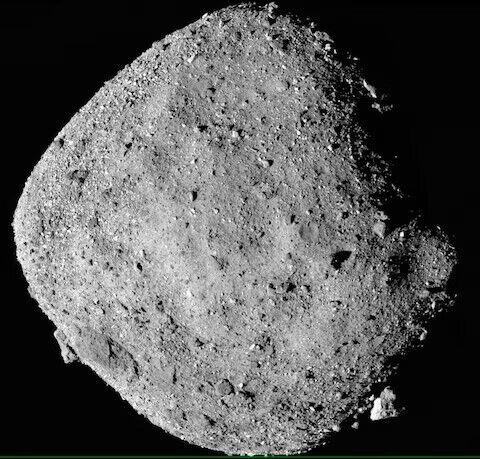News
NASA finds molecules for life on asteroid millions of kilometers from Earth
NASA researchers have discovered organic compounds and minerals essential for life in samples collected from the near-Earth asteroid Bennu. Space rocks likely delivered the building blocks of life to our planet early in its history.
There are 20 amino acids that create the proteins necessary for life on our planet. And during a NASA mission called OSIRIS-REx, scientists found 14 of them on an asteroid millions of kilometers away, Space.com reports.
According to NASA, OSIRIS-REx delivered intact pieces of asteroids for analysis in 2023 during a difficult mission. And since then, scientists have been studying these priceless pieces of Bennu to obtain data.
Researchers have found that the asteroid Bennu, a space rock from the early solar system, contains compounds containing water and carbon. However, the latest discoveries of the team of experts came as a surprise.
The scientists found the aforementioned 14 amino acids, a high concentration of ammonia, and five nucleotide bases that life on Earth uses to transmit genetic instructions in DNA and RNA.
"These findings do not prove the existence of life itself, but they do suggest that the conditions necessary for the emergence of life were likely widespread in the early solar system. This increases the likelihood that life could have formed on other planets," said Nicky Fox, assistant administrator of the Science Mission Directorate at NASA Headquarters in Washington, DC.
Scientists raise the question of why life did not form on Bennu. "This is a future area of research for astrobiologists around the world to think about," said Jason Dworkin, an OSIRIS-REx project scientist at NASA's Goddard Space Flight Center in Maryland.
"Looking at Bennu as an example of a place that had everything but no life, the question arises: what made Earth special?" the scientist added, reflecting.
During the study of the space rock, scientists found evidence of a salty brine with traces of 11 minerals rich in carbonate, phosphate, sulfate, chloride, and fluoride.
"Seeing this huge range of salts and believing that we will unravel the story of how water, organic material, and all these biologically important elements could have been delivered on asteroids like Bennu in the early solar system to Earth and other planets to start life," said space mineralogist Sarah Russell from the Natural History Museum in London.
The team also found a lot of ammonia in Bennu's samples. According to Danny Glavin, senior scientist of the sample return team, this is about 100 times higher than the natural level of ammonia in soils on Earth.
"Ammonia is essential for many biological processes. It was probably a key chemical building block through the formation of amino acids, nucleotide bases, and again, the genetic components of DNA and RNA," Glavin added.
The OSIRIS-REx team says this suggests that Bennu (or at least the parent asteroid from which it is believed to have broken off) must have once existed in colder, more remote regions of space because ammonia is a volatile substance. For ammonia to exist in salt form, the environment must be cold.
"The OSIRIS REx team found that Bennu contains many of the building blocks of the precursors of life. As well as evidence that it comes from an ancient wet world and contains materials that indicate that Bennu traveled from the coldest regions of the world, which are likely to be beyond the orbit of Saturn," summed up the head of NASA's science department, Nicky Fox.
Only verified information is available on the OBOZ.UA Telegram channel and Viber. Do not fall for fakes!





























